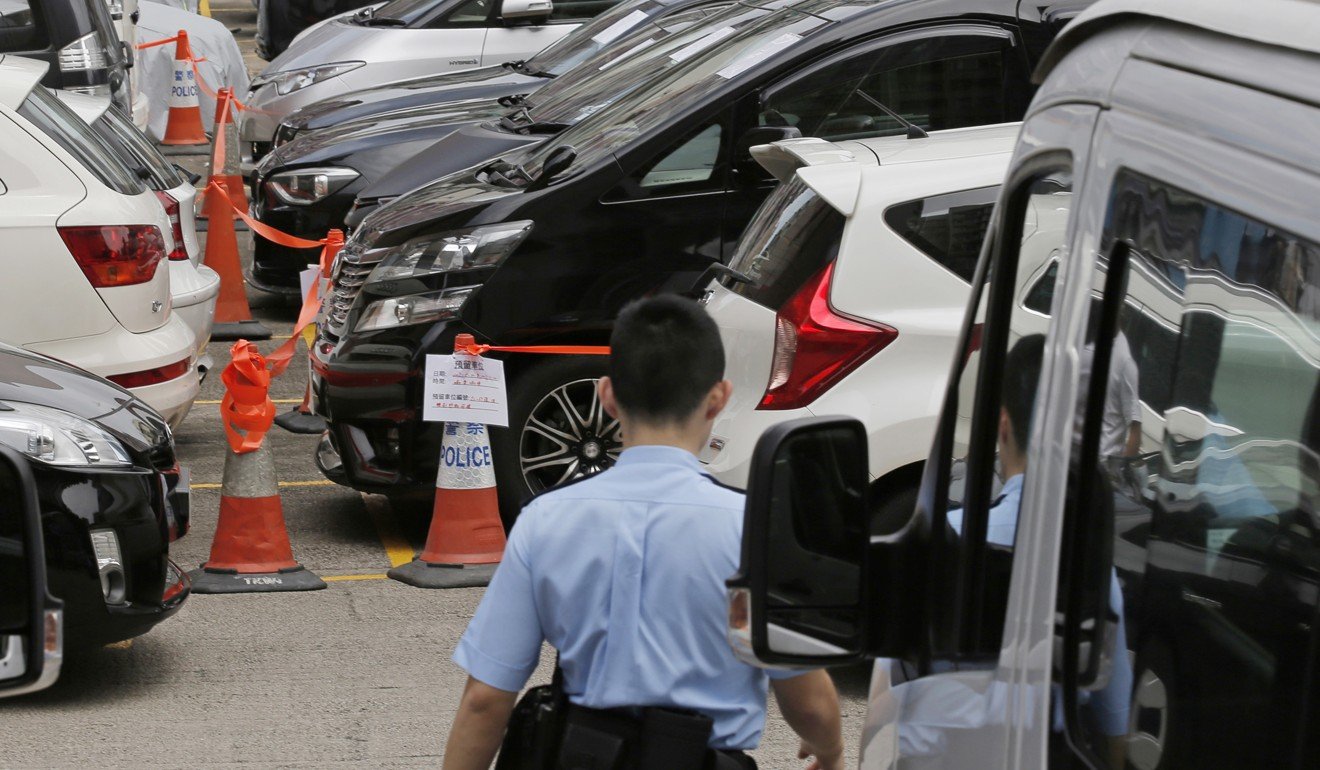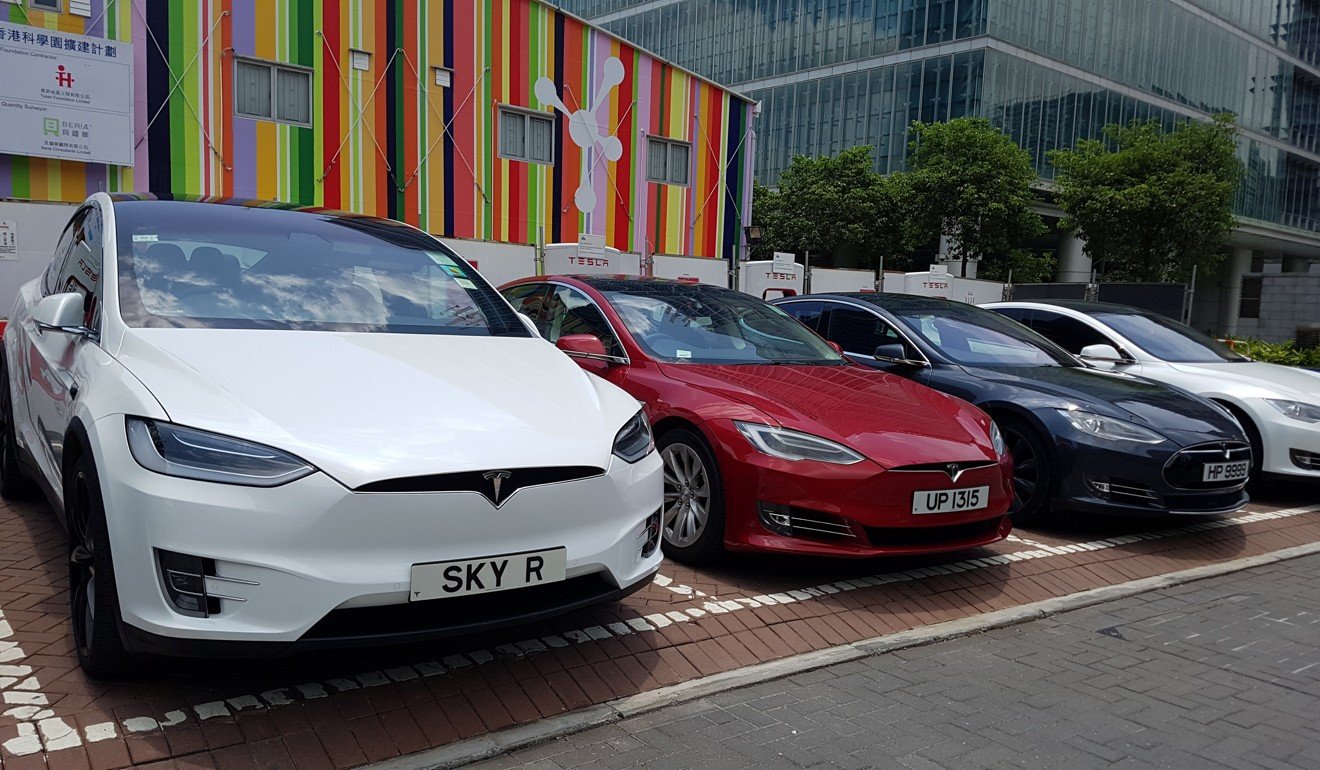
Innovation laggard Hong Kong needs to update its laws
Albert Cheng says examples abound of how the city is falling behind other Asian economies, including Singapore and Japan, in accommodating the sharing economy

Many of our laws and regulations are so outdated that they have become a major stumbling block in Hong Kong’s much talked-about efforts to become a city of innovation.
Last month’s crackdown on Uber, for example, is premised on the Road Traffic Ordinance. Under the law, using a car for hire without a permit is a criminal offence punishable by a HK$5,000 fine and three months’ imprisonment on first conviction.

The authorities also challenged the validity of the drivers’ third-party insurance policy, although Uber has insisted that its ride-sharing insurance policy complies with local legal requirements.
In contrast, Singapore is steps ahead of Hong Kong in terms of accommodating innovation in the fast-growing sharing economy. The island republic has adopted what it hailed as a light-touch approach in revising the laws to license individual drivers so that ride-sharing can continue to benefit consumers while ensuring their safety.
Meanwhile, Japan amended its laws three weeks ago, allowing private homes to rent out space to guests for profit, while limiting total stays to 180 nights a year.
In Hong Kong, the Hotel and Guesthouse Accommodation Ordinance prohibits proprietors and tenants from providing sleeping accommodation at a fee for fewer than 28 continuous days. It is necessary to get a hostel or hotel licence to do so. This has rendered home-sharing operations, such as Airbnb, illegal. Despite the legal restriction, online listings for home-sharing in Hong Kong have flourished. They are so popular that the city has become one of Airbnb’s top destinations.
The new law in Japan requires providers of such accommodation to register with the local authorities, which can impose their own restrictions according to the practical needs of their neighbourhoods. The new regulations also increase oversight of absentee landlords by requiring them to outsource property management to guarantee safety and hygiene. In relaxing its rules, the Japanese government has acknowledged that bringing properties or rooms to the short-term rental market can maximise resources left idle and boost tourism.
Travellers aside, the laws in Hong Kong are even standing in the way of home-sharing for pets.
Pawsible, a social enterprises founded by pet lovers, has launched a matching service for pet owners to identify families who can take care of their pets for a few days in their absence. The owner is supposed to pay a fee to the host to cover the costs. Under the law, however, any person who provides food and board for animals in return for a fee paid by the owner must apply for a boarding establishment licence from the Agriculture, Fisheries and Conservation Department, at a fee of HK$3,810 per year.
The rules are obviously written with commercial operations, that deal with a large number of animals, in mind. In those cases, hygiene is of paramount importance. Yet, it is only reasonable to assume that the host families will be more concerned than anyone else about hygiene in their living space. These hosts are pet lovers first and foremost and remuneration is hardly a consideration.

Other examples of bureaucratic inertia in updating the laws to catch up with innovation abound. Even Elon Musk’s Tesla has been choked in Hong Kong.
Hong Kong is the only place in the world where Tesla is required to remove its calendar app on the display that comes with its electric cars. The Transport Department maintains that the function fails to comply with relevant laws as it has no bearing on the driving capability of the vehicles.
The government created the post of Secretary for Innovation and Technology in 2015. The incumbent, Nicholas Yang Wei-hsiung, has been reappointed for another term of office.
But, as revealed in the Uber case, Yang is more eager to defend the status quo than amend the laws to make it easier for Hong Kong to adopt innovation. The least that incoming chief executive Carrie Lam Cheng Yuet-ngor can do is to get him to at least identify the problematic legal provisions.
Albert Cheng King-hon is a political commentator. [email protected]